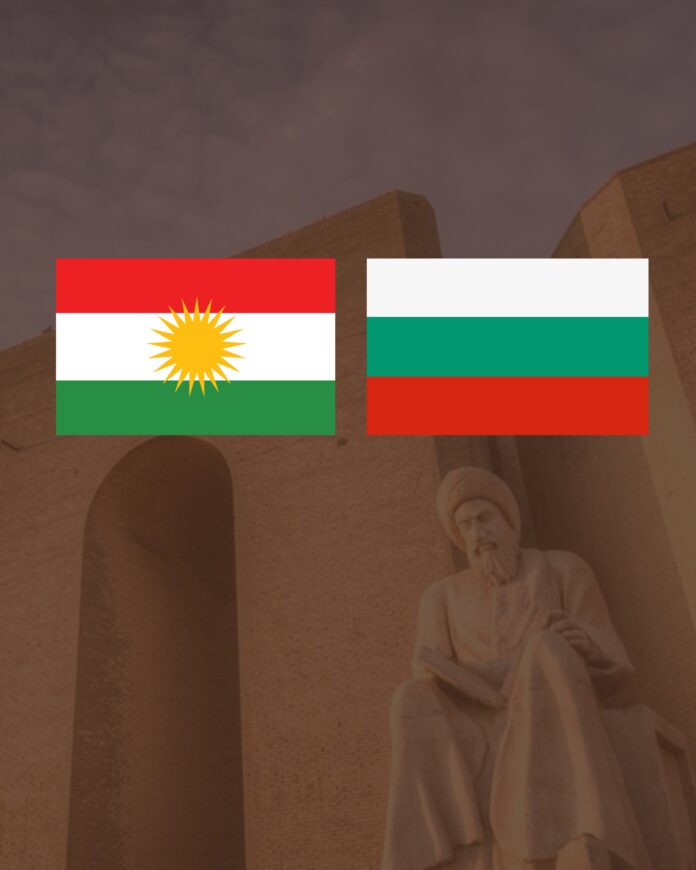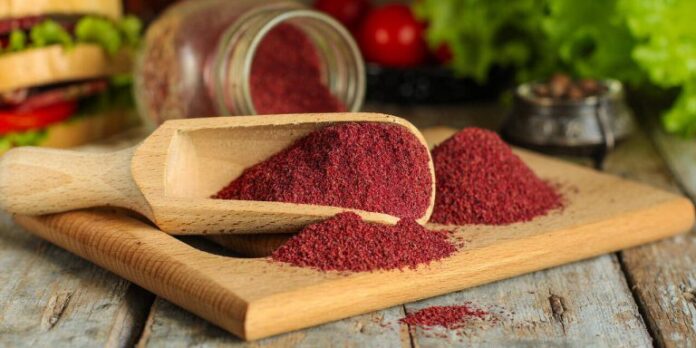Garmian date gardens are becoming an important part of agriculture in the Kurdistan Region. Farmers discovered that the hot climate, fertile soil, and rich water help date trees grow quickly. As a result, Garmian date gardens now produce top-quality dates for local markets.
Mohammed, a gardener in the area, has planted dates for nine years. He turned 50 acres of land into a thriving garden. “I have 50 types of dates, and the quality is excellent,” he said. “Our varieties are better than Diyala because we have Bar’i, Maktum, Barband, Tubarzal, Majhul, and Quranfala.”
This growth has reduced dependence on imports. In the past, Kurdistan relied on dates from central and southern Iraq. Now, Garmian farmers supply part of the demand. Buyers welcome the change. Omar Mohammed, a customer, explained: “Before, we had to buy from Diyala or Baquba. Now we have local dates, and they are better.”
The farming community is also seeing long-term benefits. Dates are not only consumed fresh but also processed into syrups, sweets, and dried fruit. These products add value to the harvest and create new opportunities for local businesses. Farmers believe that with more investment, Garmian can even export dates in the future.
Worldwide, more than 60 date varieties exist. Farmers in Garmian are experimenting with many of them. They have now turned over 430 acres into date gardens, and the number continues to rise every year. Agricultural experts say the region’s climate is ideal for expanding production even further.
The rise of Garmian date gardens shows how farmers adapt to opportunity. Local markets benefit from fresh produce, while farmers gain income from strong harvests. With more land cultivated each season, the future of date farming in Kurdistan looks bright. Farmers hope that government support and modern irrigation systems will help them achieve even greater success.


